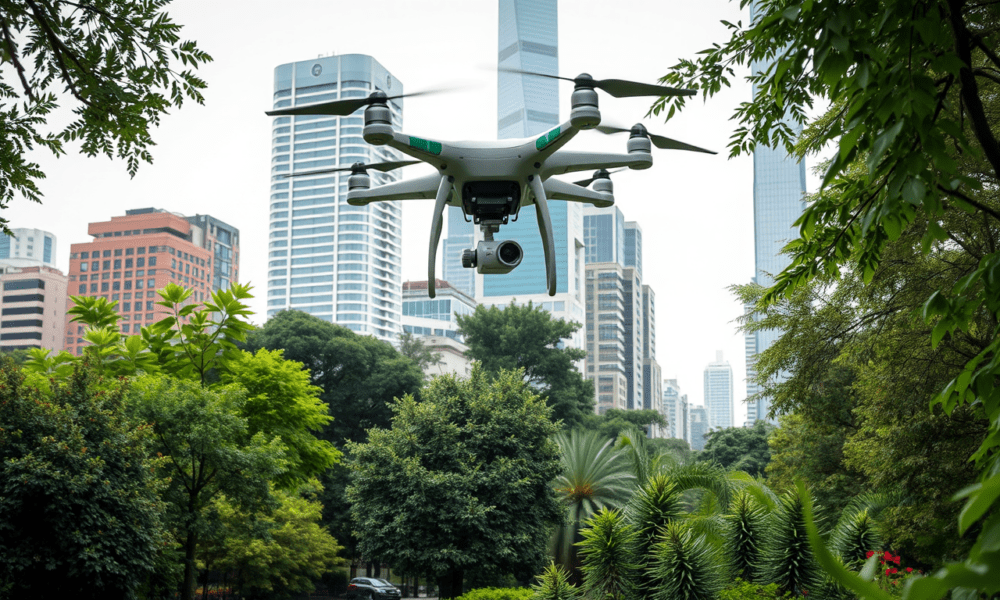
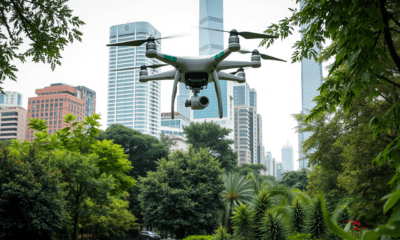

Monitoring urban plant health traditionally requires extensive manual labor and botanical expertise, creating challenges for cities facing expanding green spaces, higher population densities, and increasing threats...
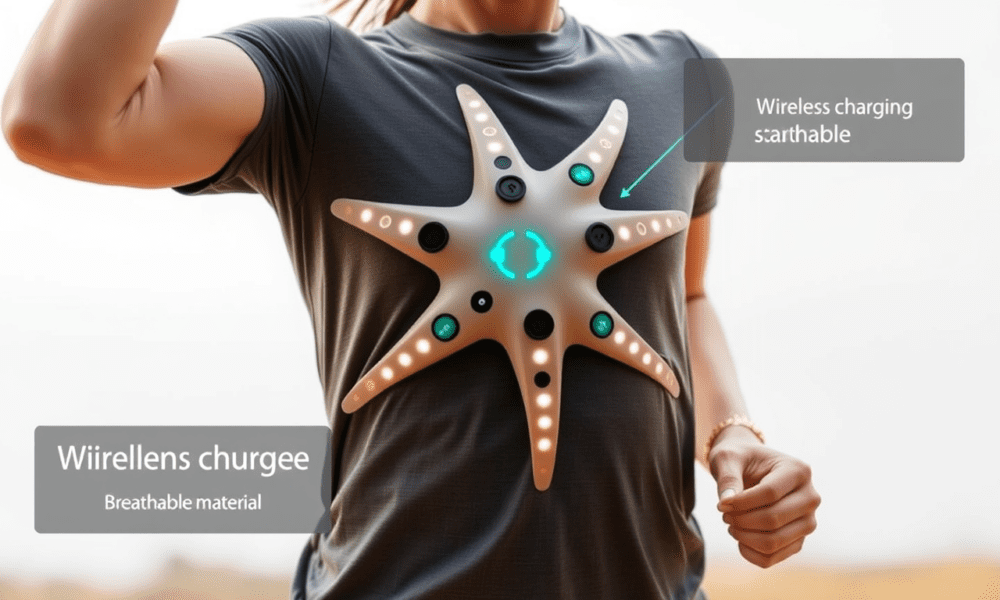
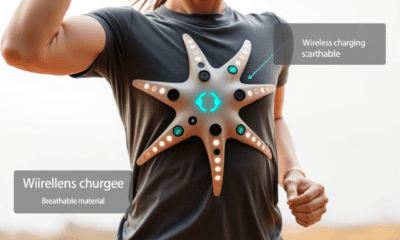

When we move, it's harder for existing wearable devices to accurately track our heart activity. But researchers found that a starfish's five-arm shape helps solve this...
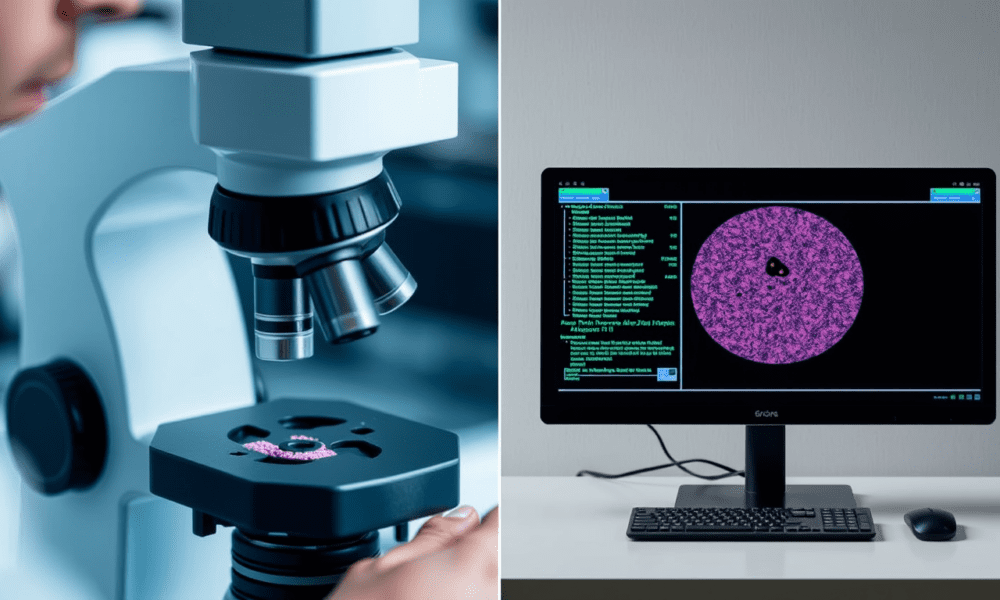


A machine learning algorithm was able to correctly identify in 97 cases out of 100 whether or not an individual had Celiac disease based on their...
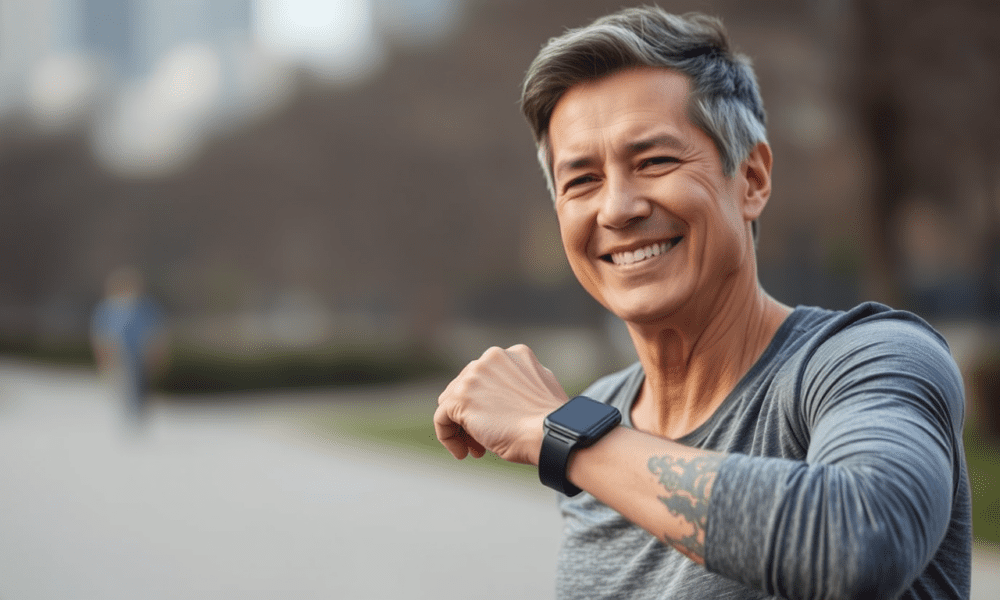
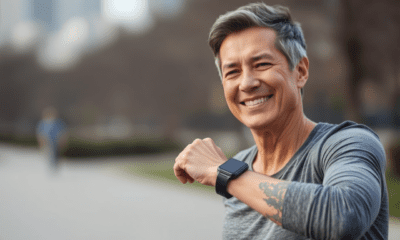

Wearable mobile health technology could help people with Type 2 Diabetes (T2D) to stick to exercise regimes that help them to keep the condition under control,...



Leveraging the power of AI and machine learning technologies, researchers developed a more effective model for predicting how patients with muscle-invasive bladder cancer will respond to...



At hypersonic speeds, complexities occur when the gases interact with the surface of the vehicle such as boundary layers and shock waves. Researchers were able to...

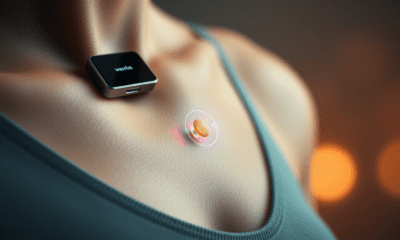

Scientists recently unveiled a first-of-its-kind authentication protocol for wireless, battery-free, ultraminiaturized implants that ensures these devices remain protected while still allowing emergency access.



Sensors attached to animals gather valuable data to track and mitigate the human influence on marine life. The review paper emphasizes the importance of integrating data...
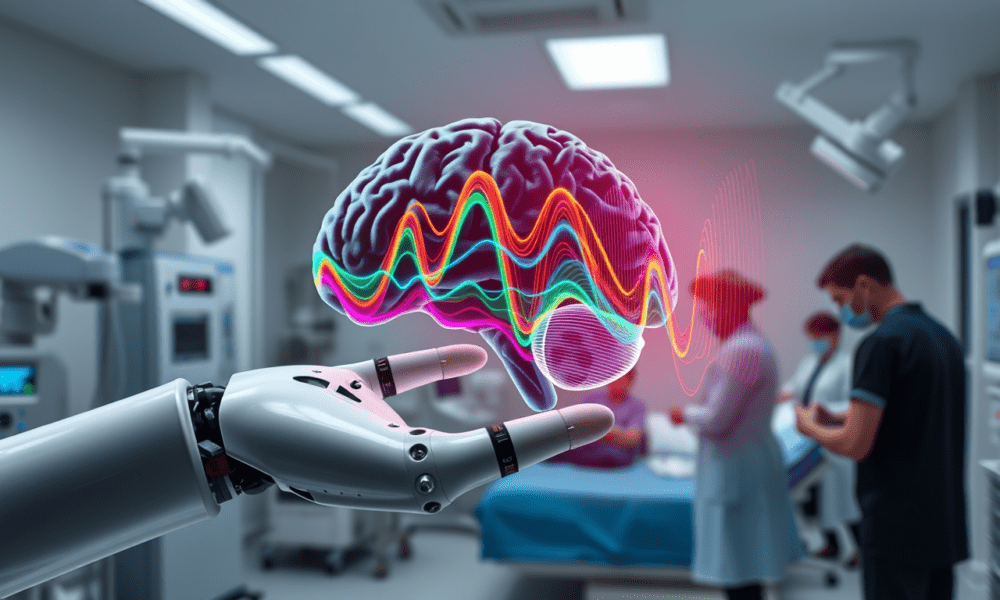
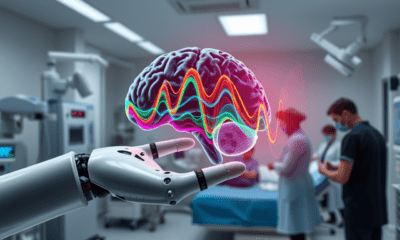

Scientists have recently detailed how automation and machine learning can aid clinicians treating patients with spreading depolarizations, sometimes referred to as 'brain tsunamis.'
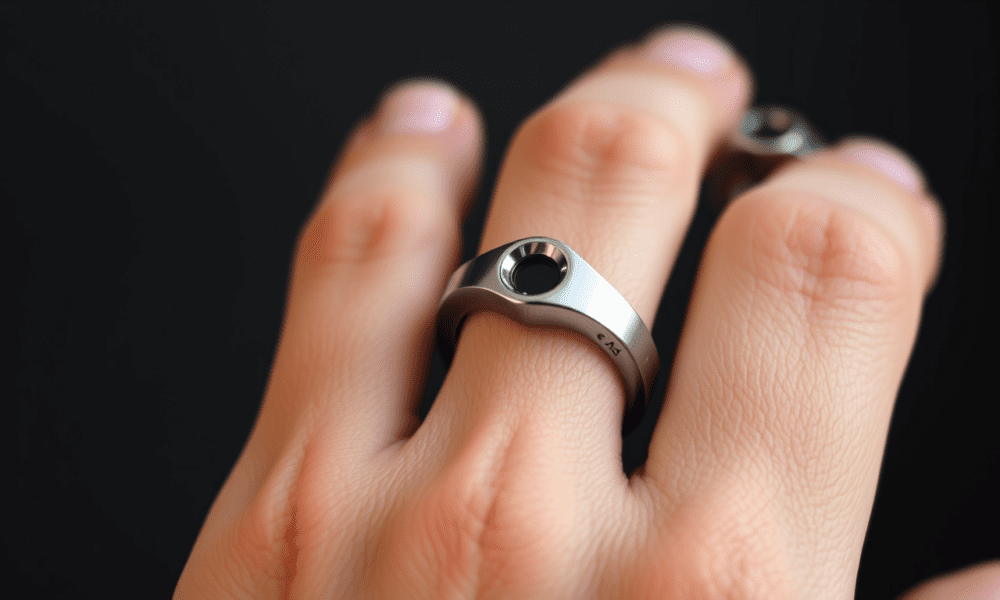
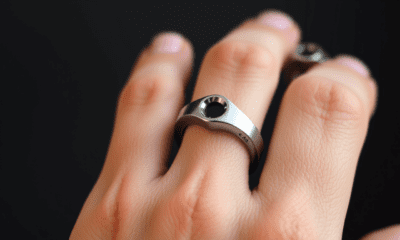

A research team has developed an artificial intelligence-powered ring equipped with micro-sonar technology that can continuously and in real time track finger-spelling in American Sign Language...